Search
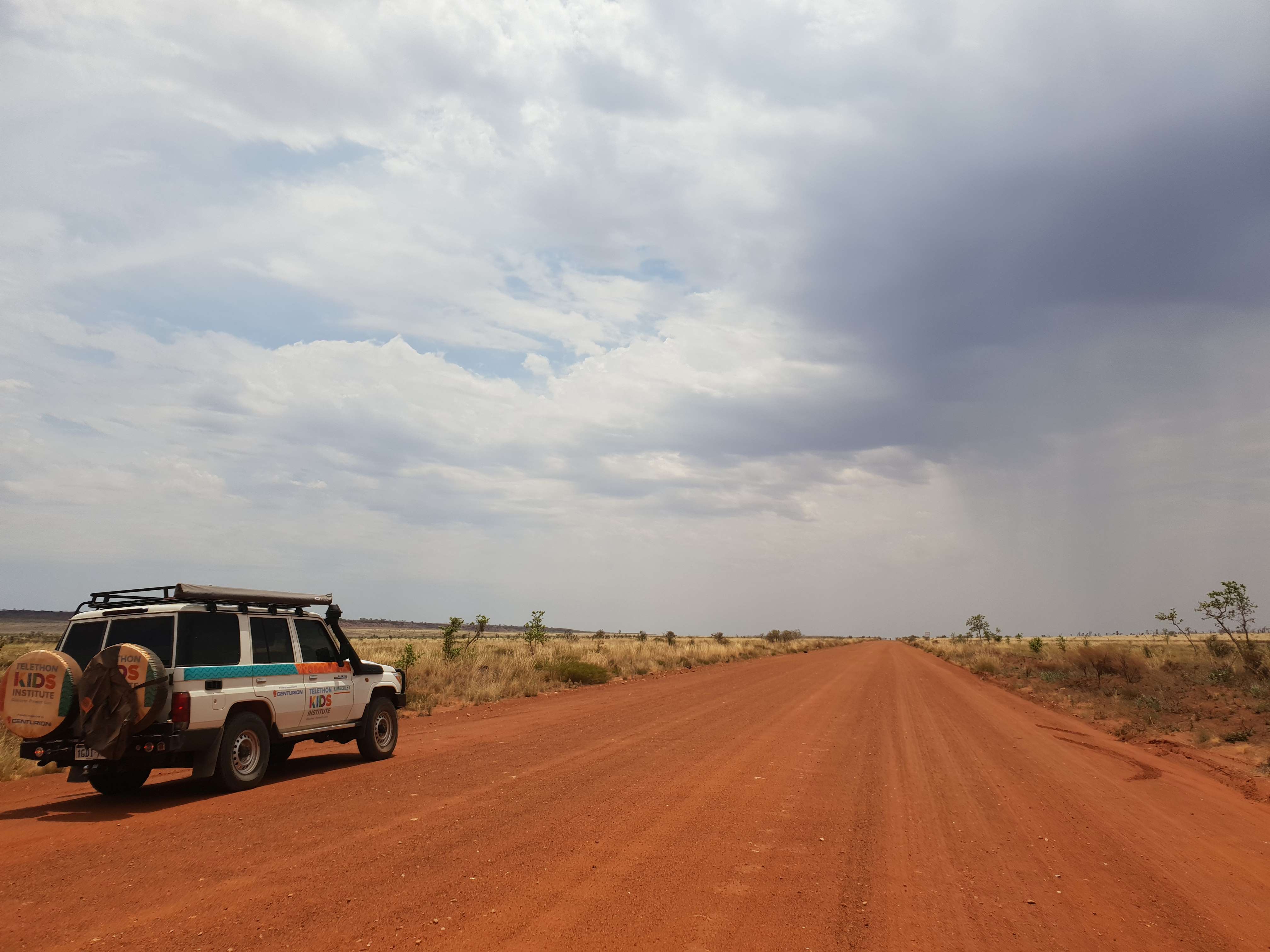
News & Events
Landmark study halves skin infections in remote Aboriginal kidsLed by The Kids Research Institute Australia and Aboriginal health organisations in close partnership with nine Aboriginal communities in Western Australia’s Kimberley region, the five-year SToP Trial set out to identify the best possible methods to See, Treat and Prevent painful skin sores and scabies.
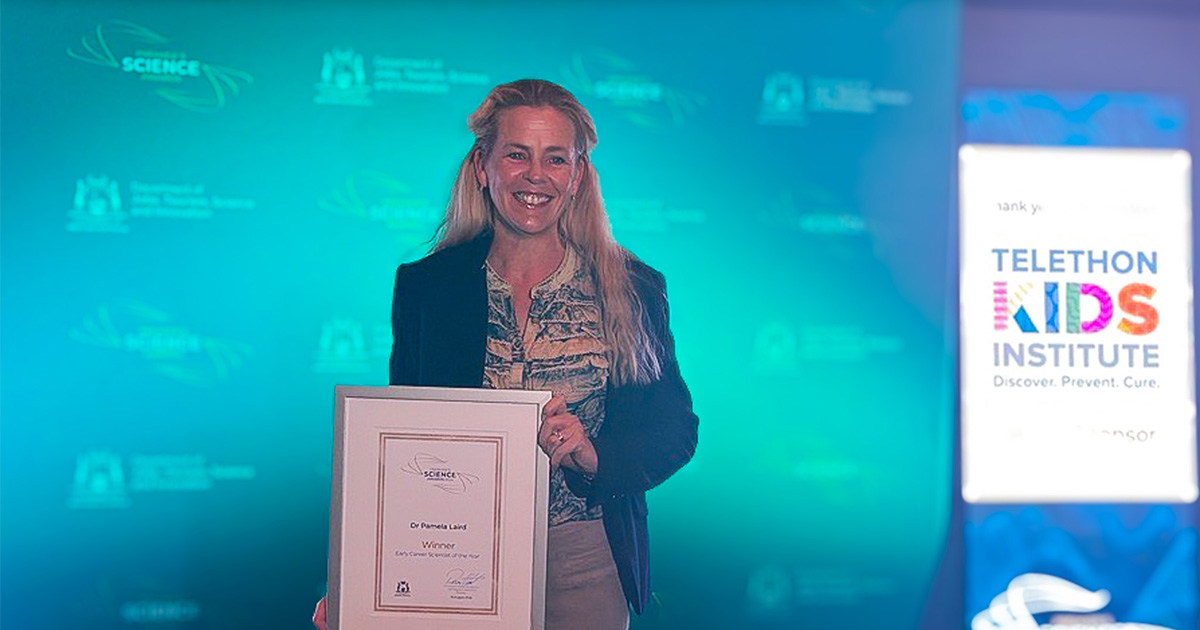
News & Events
Respiratory researcher named joint winner of prestigious Premier’s Science AwardCongratulations to respiratory health researcher and clinician Dr Pam Laird, who was last night named joint winner of Early Career Scientist of the Year at the 2024 Premier’s Science Awards.
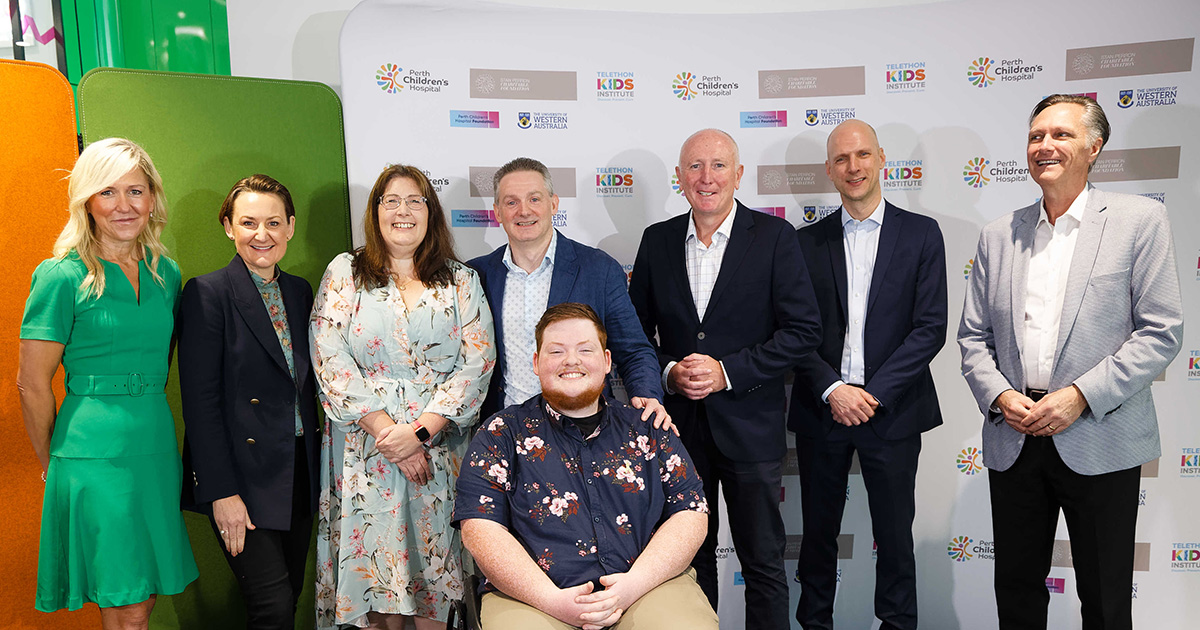
News & Events
Philanthropic legacy dedicated to seeing all kids with cancer survive and thriveOne of WA’s biggest ever philanthropic gifts will transform childhood cancer research and treatment by improving outcomes for children with cancer and discovering more effective and less toxic treatments.
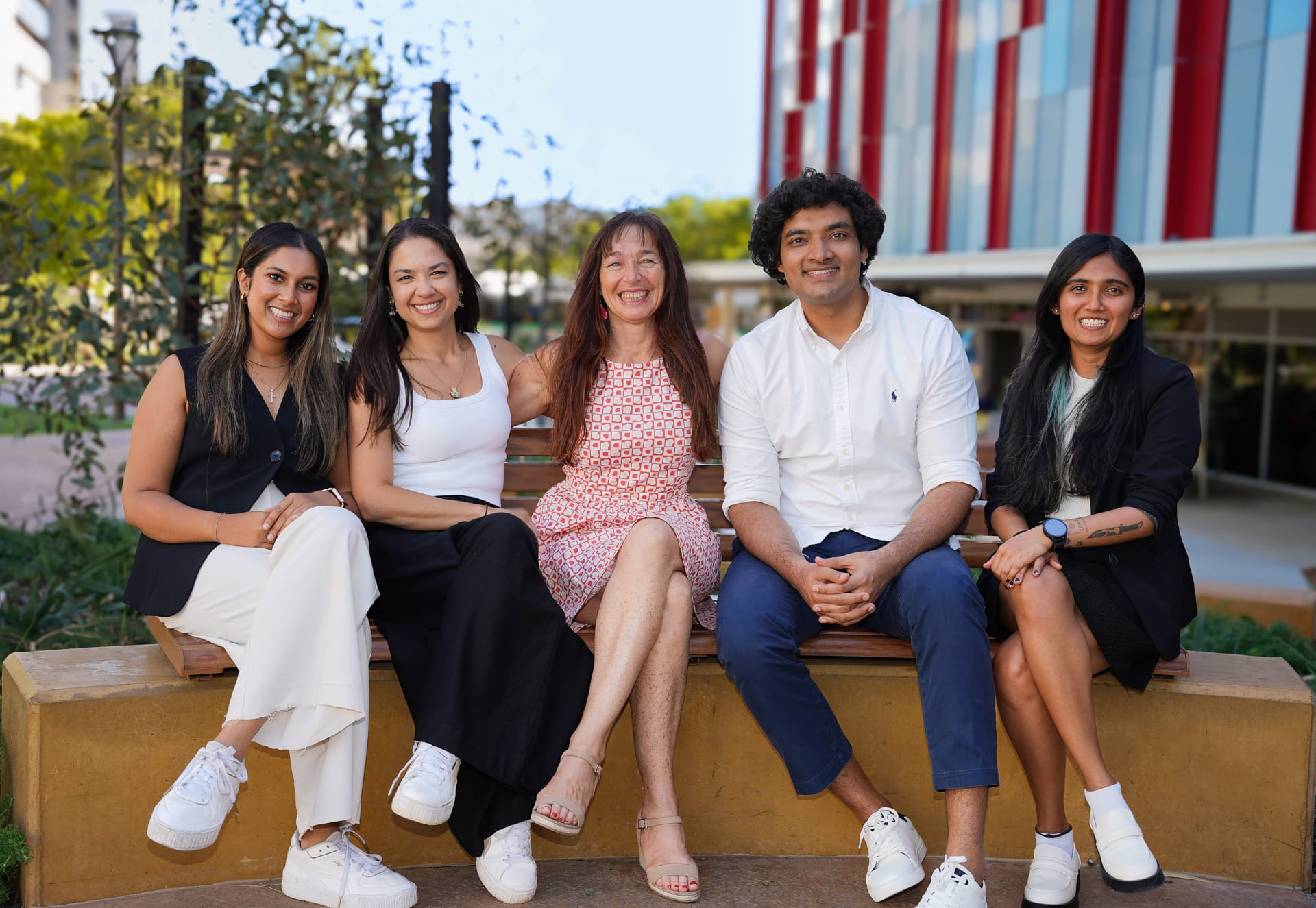
News & Events
Colostrum’s critical role in fighting undernutritionIn celebration of World Breastfeeding Week (August 1-7), we're thrilled to share our latest research that's revolutionising our understanding of breast milk and supporting breastfeeding mothers.
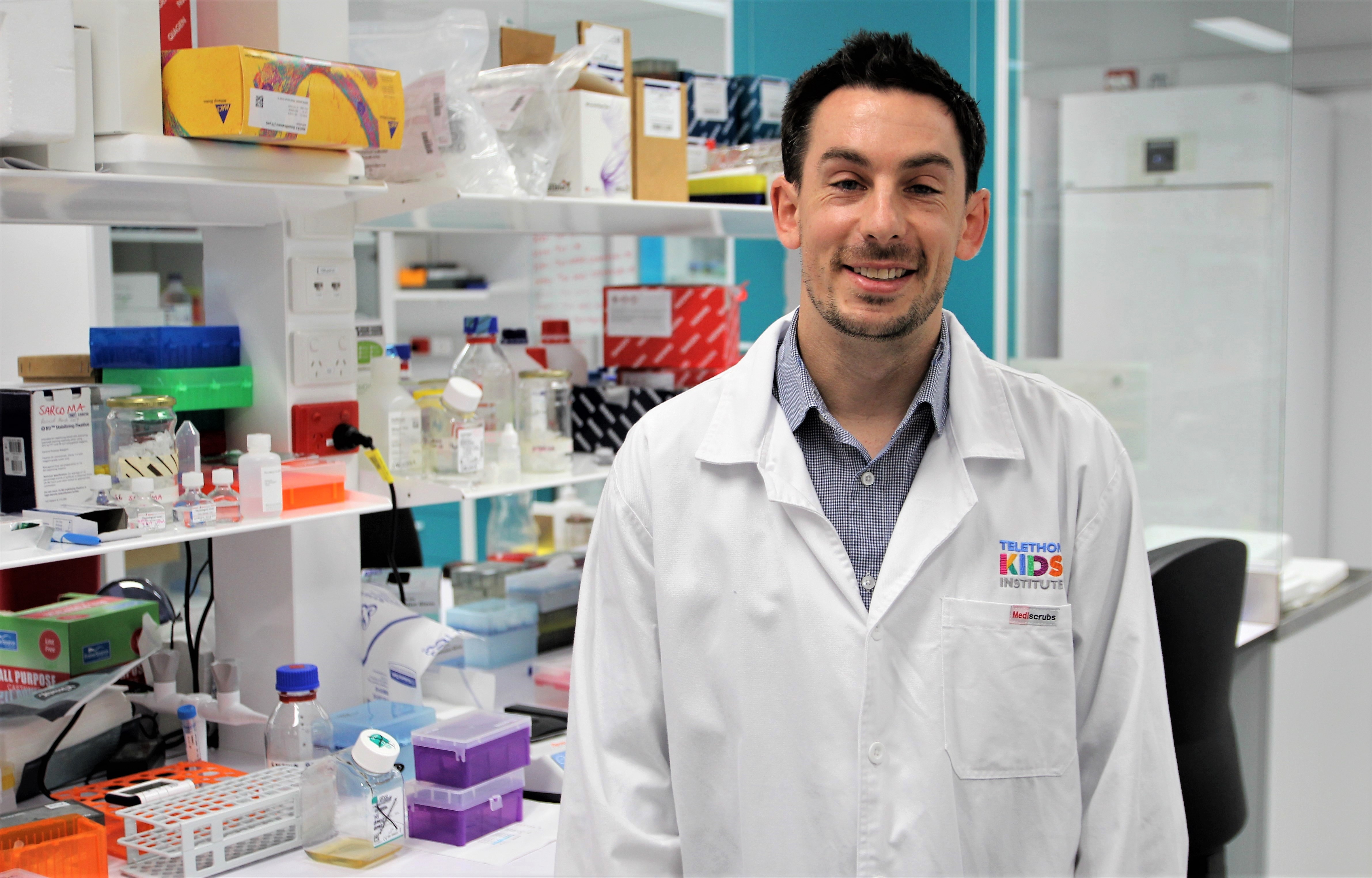
News & Events
Crucial advancement in the treatment of childhood sarcomaCure Cancer and The Kids Research Institute Australia researcher Dr Ben Wylie announced new potential treatment in time for Childhood Sarcoma Awareness month.
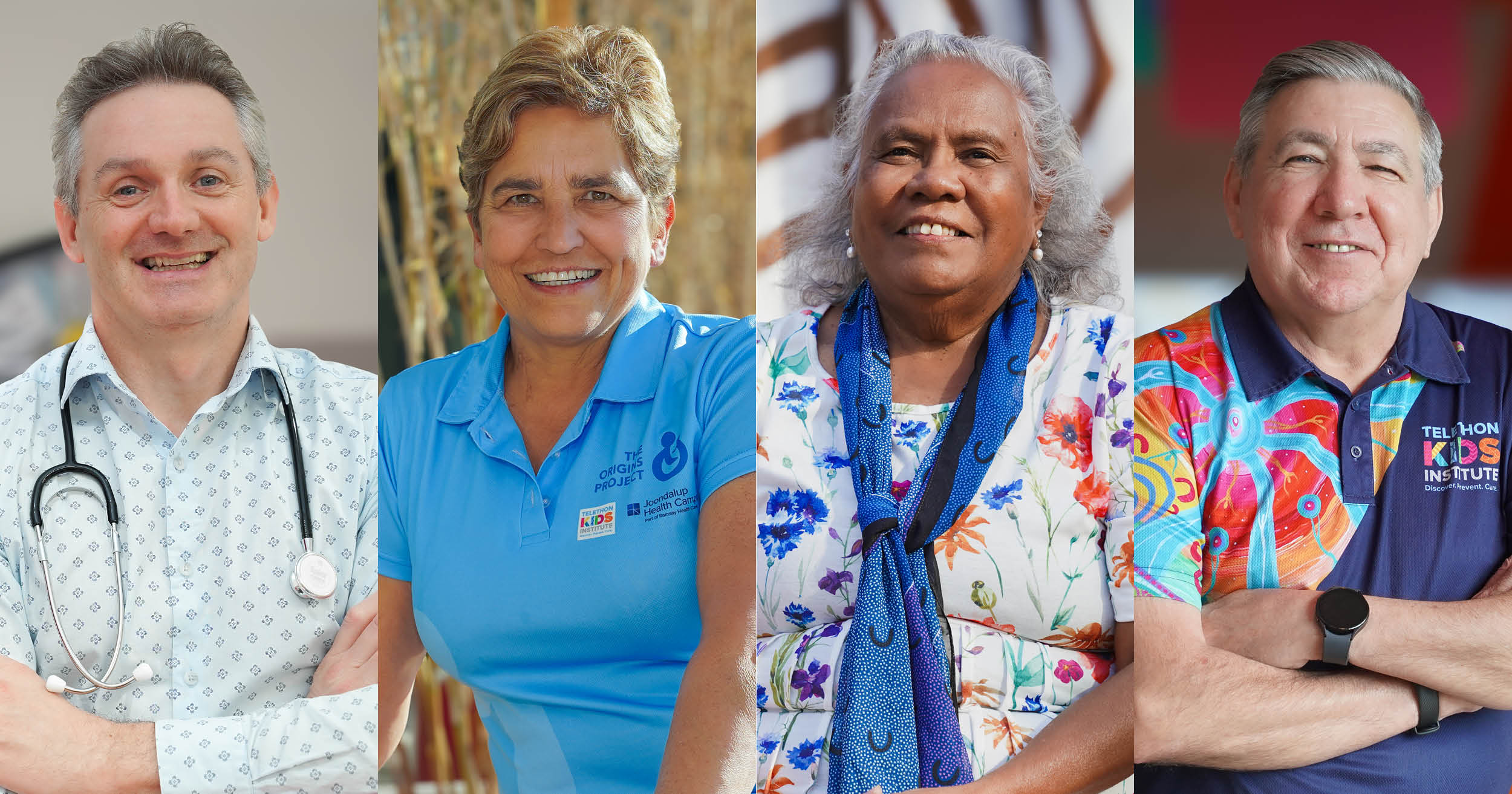
News & Events
Four The Kids Research Institute Australia research leaders named as finalists for West Australian of the Year AwardsFour outstanding members of The Kids Research Institute Australia family have been named as finalists in the 2024 Western Australian of the Year Awards.
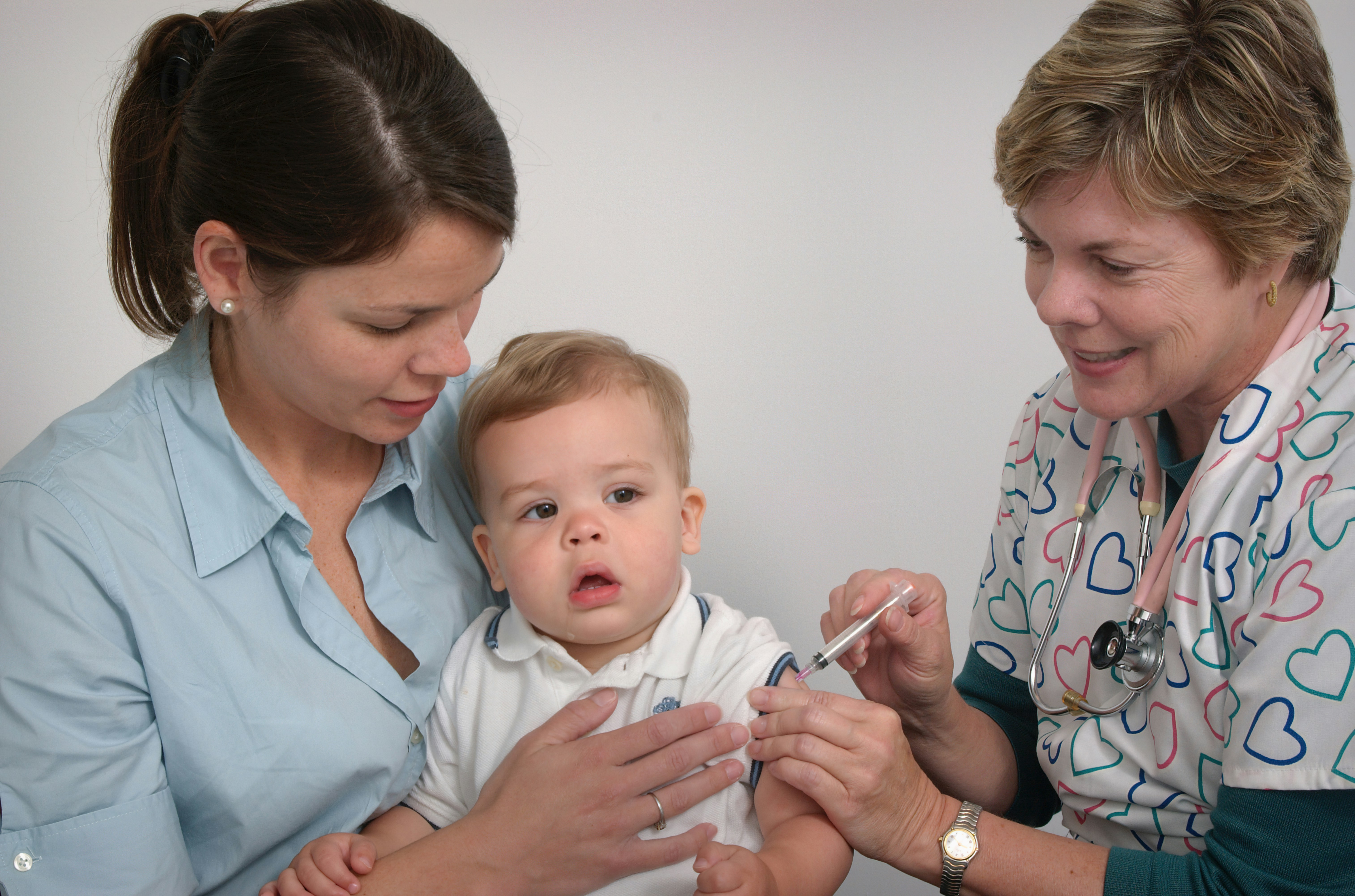
News & Events
The Kids researchers help quantify global impact of life-saving vaccinesResearchers at The Kids Research Institute Australia have helped map the global impact of life saving vaccines to mark the 50-year anniversary of the Expanded Programme on Immunisation (EPI).

News & Events
News you can use: how to cope with burnoutWith the school year now well underway, it’s not uncommon for kids to start feeling the stress of assignments, homework and extracurricular activities.

News & Events
Trial tests which COVID-19 booster combos ‘boost’ immunityMEDIA ENQUIRIES Discover. Prevent. Cure. Mailing list Media contacts About The Kids Be Inspired Please direct general enquiries to our reception on (
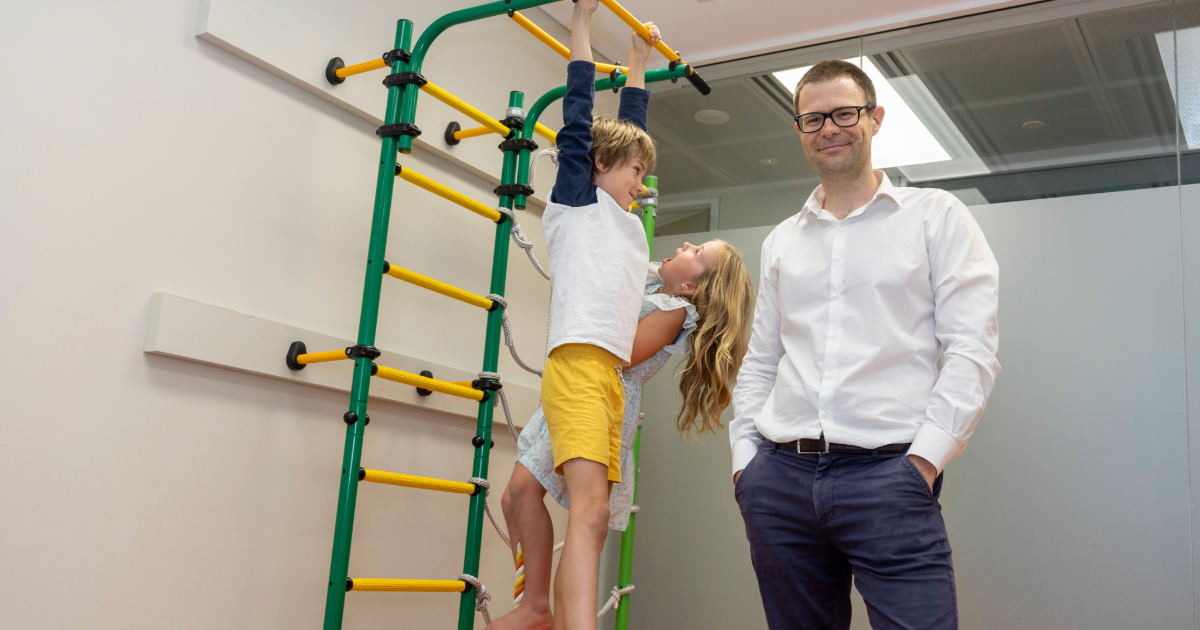
News & Events
The Kids welcomes support for autistic studentsThe Kids Research Institute Australia has welcomed the recommendations to come out of the State Government’s inquiry into support for autistic children and young people in schools, released last week.
